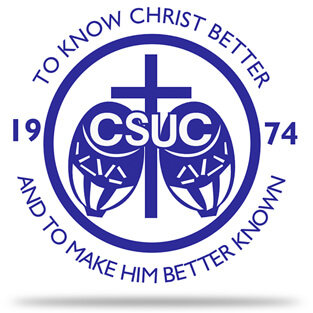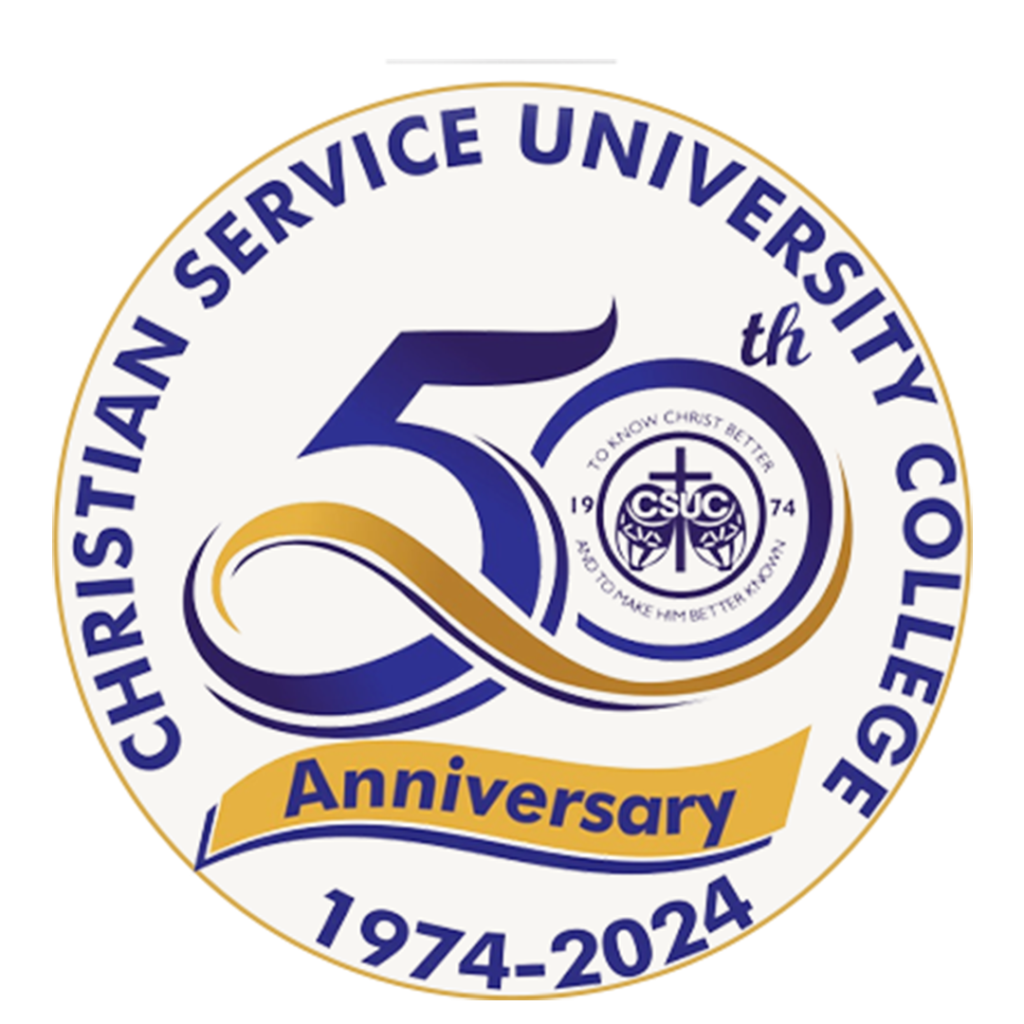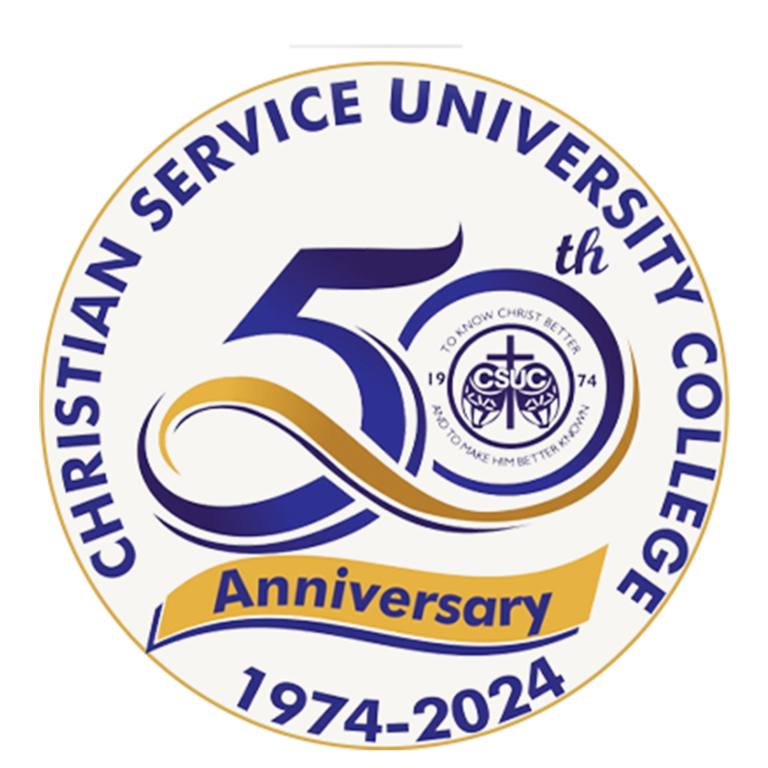Problem Based Learning(PBL), according to ( Biggs 2003,p.232 ), “reflects the way people learn in real life; they simply get on with solving the problems life put before them whatever resources are to hand”
For Professor William Oduro, IPO, KNUST, PBL is student-centred learning, where motivating and activating students is the prime concern – the point of departure for the learning process is an ill-structured real life problem. “The learning process now needs to be increasingly based on the capacity to find and access knowledge and to apply it in problem solving. Learning to learn, learning to transform information into new knowledge, and learning to translate new knowledge into applications become more important than memorizing specific information”( World Bank 2002, p.29).
The Learning Principles of PBL are in three(3) dimensions: i-The Cognitive dimension- which is problem based, contextualized, action oriented, experienced based and project organized. Ii-Content dimension-which is interdisciplinary, exemplary, theory-practical relation and critical. –iii-The Collaborative dimension which is participant directed, team organized, dialogic and democratic
The features in PBL enumerated above more than abound in Team Business. Team Business(CSAD 443), is a course mounted for final year students of CSUC School of Business(CSB). As the name reflects, the course is a team-organized course. Students are taken through the rudiments of writing a business plan which in effect encompasses all specializations of the business programme – Management, Accounting, Marketing, Finance and Human Resource, a contemporary example of interdisciplinary content course- thus students are equipped with the resources to solve problems in business. Thereafter students are asked to form groups of a maximum of five members made up of a member from each of the specializations-reflecting the collaborative dimension of the course. Each group is asked to create a( new ) business of their own and write a business plan to be presented and defended before a panel constituted of lecturers of the various departments that their business created will work in reality- this is what is happening on CSUC Campus on 20th November, 2015! This is a typical situation of accessing knowledge and applying it in problem solving. In effect, they are learning to learn, learning to transform information into knowledge and to apply it to problem solving.
The collaboratve dimension is accelerated via the dialogic and democratic process, as students from the various specializations are expected to demonstrate their abilities and capacities to their colleagues in an integrated approach using different disciplines to transform the business plan into a workable document.
This year’s final year group are even asked to go all out and pick existing Small and Medium Enterprises(SMEs) and find their shortfalls and their “positives’ and “own” the data and draw acceptable business plans for the SMEs from the data collected from them, making recommendations at the end of the plan as to the initial “defaults”. Thus a typical student-centred learning is activated at CSUC to solve real life problems. Not only do they translate theory into practice but they are challenged to create their own businesses that work!
To quote Prof. Afrane, the CSUC president in his 40th matriculation ceremony speech, “CSUC plans to introduce entrepreneurial programmes aimed at tapping and developing the leadership potential of students. This will facilitate CSUC graduates to drive to start their own businesses on completing their degree programmes”. And I confirm that it had already started on this campus years ago! Lots of our students had started their companies through the rigours of the business plan they drew while schooling at CSUC. This course really sets up the critical and analytical thinking of the students before they leave campus!


